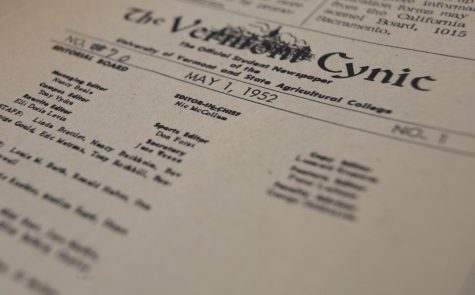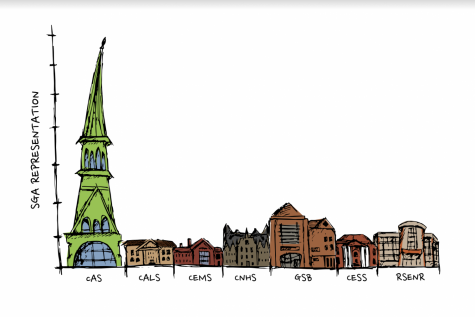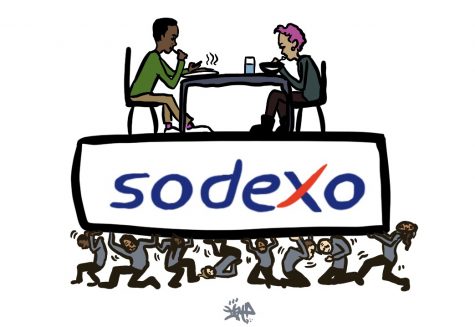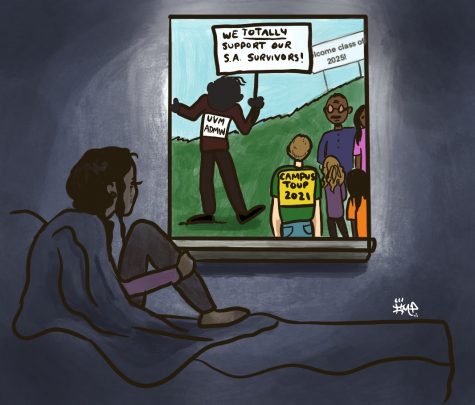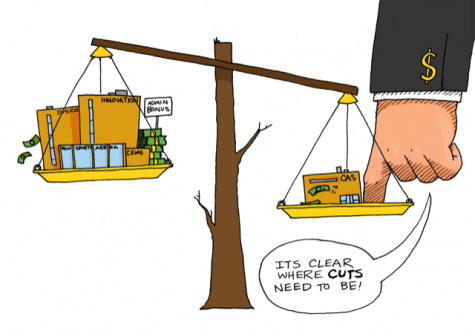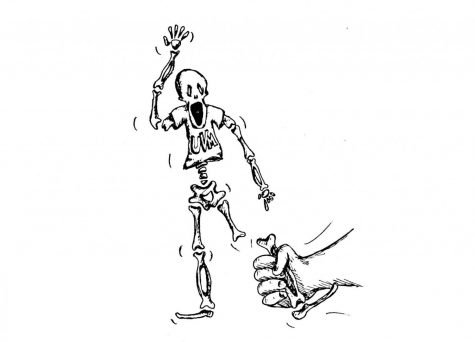Balancing the Budget on the Backs of Students
Chances are if you’re a student attending a four-year university in the United States, you will be greeted on graduation day with more than just your long-awaited diploma. You will also be faced with a mountain of debt.
In fact, nearly two thirds of all undergraduates rack up some form of debt for their education, with the average student borrower starting his or her post-collegiate life nearly $20,000 in the red.
And it’s no wonder. In the last year alone, tuition costs at public universities have gone up 10.5 percent, on top of a 14 percent increase the previous year. As a result of rising costs, the Department of Education estimates that nearly 40 percent of recent college graduates with student loan debt have monthly payments that, according to the loan industry’s recommendations, are unmanageable.
With tuition rates skyrocketing, it is critical that the federal government do everything it can to make sure that a college education remains affordable for middle-class families.
Unfortunately, the Republican Leadership in Congress and the Bush Administration have chosen to do just the opposite. The House Republican leadership is currently proposing more than $14 billion in cuts to student aid as part of an upcoming budget proposal. This draconian plan represents the single largest cut to student aid programs in our nation’s history
These student financial aid cuts include a 1 percent insurance tax on student loans that will pick the pockets of students and parents to the tune of $3.6 billion over ten years. The Republican proposal also increases the cap on interest rates from 6.8 percent to 8.25 percent for student loans and makes students pay a higher rate on consolidated loans.
And as if these increases weren’t bad enough, the bill would also eliminate the federal government’s ability to lower interest rates for students who make on-time payments, removing a discount that many students rely on.
The impact of these cuts will be clear to every student who depends on financial aid to continue their education. If these changes pass, the average college student will be forced to come up with an additional $5,800 to repay their loans. For many recent graduates, this added cost could mean the difference between making ends meet and falling into an endless cycle of debt.
Proponents of the bill argue that these cuts are necessary in light of our nation’s crippling budget deficit. And it is true that our national budget is in dire times after six years of mismanagement under the Bush Administration, an ill-planned and prolonged war in Iraq, huge giveaways to large corporations and wealthy individuals, and the devastating effects of the recent hurricanes that wreaked havoc on the Gulf Coast.
With an $8 trillion national debt, it is absolutely clear that we need serious changes in our budget to promote greater fiscal responsibility.
The question is: How do we do it? What priorities should we establish in our federal budget? Unfortunately, the Bush Administration’s answer is to try to balance the budget on the backs of students rather than asking the wealthy to pay their share.
At the same time that the Bush Administration is asking cash-strapped students and their families to pay more on loans, they are handing out billions in corporate welfare to profiteering corporations. These giveaways come at a time when many are already making record-breaking profits.
And now, in addition to the hundreds of billions in tax breaks that the Administration has already given to the wealthiest 1 percent of Americans, Bush wants to offer even more tax breaks for the rich. While Bush and the Republican Leadership are pushing substantial cut-backs in student aid, they are also planning $70 billion more in tax cuts – many of which would go to the wealthiest people in our country. Bush is also calling for a repeal of the estate tax, a move that would result in a staggering $982 billion tax cut over the next 20 years for the richest 2 percent of Americans.
In an increasingly competitive world economy, this nation simply cannot afford to waste the intellectual potential of millions of its people. It will be a national disaster if college education becomes unaffordable for a large part of the middle class.
In his last State of the Union address, President Bush vowed to make it easier, not harder, for students to afford a college education. Our students deserve more than broken promises. They have a right to know that their education, and the well-being of our country, is more important than another tax-break for people who don’t need it.


